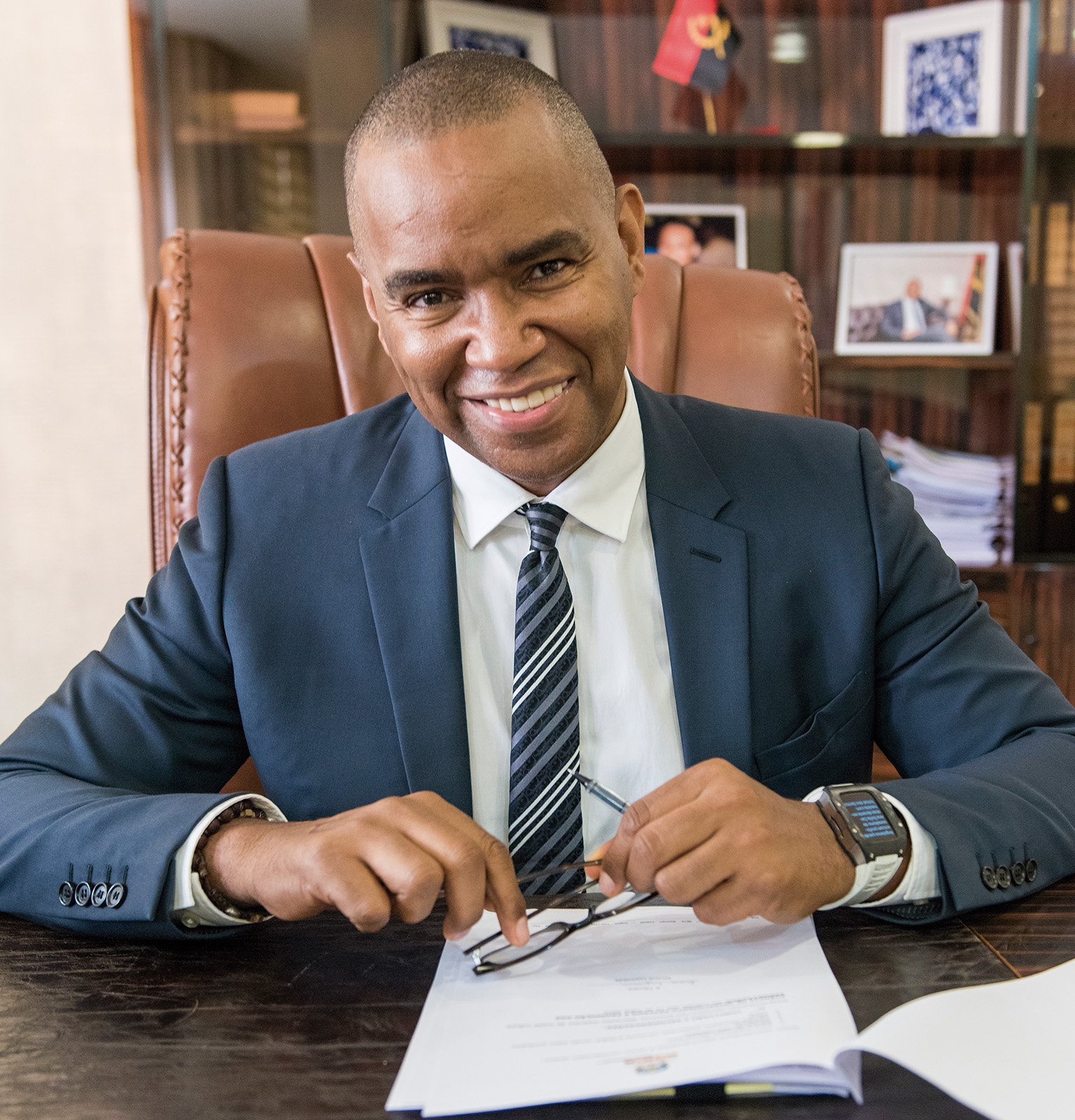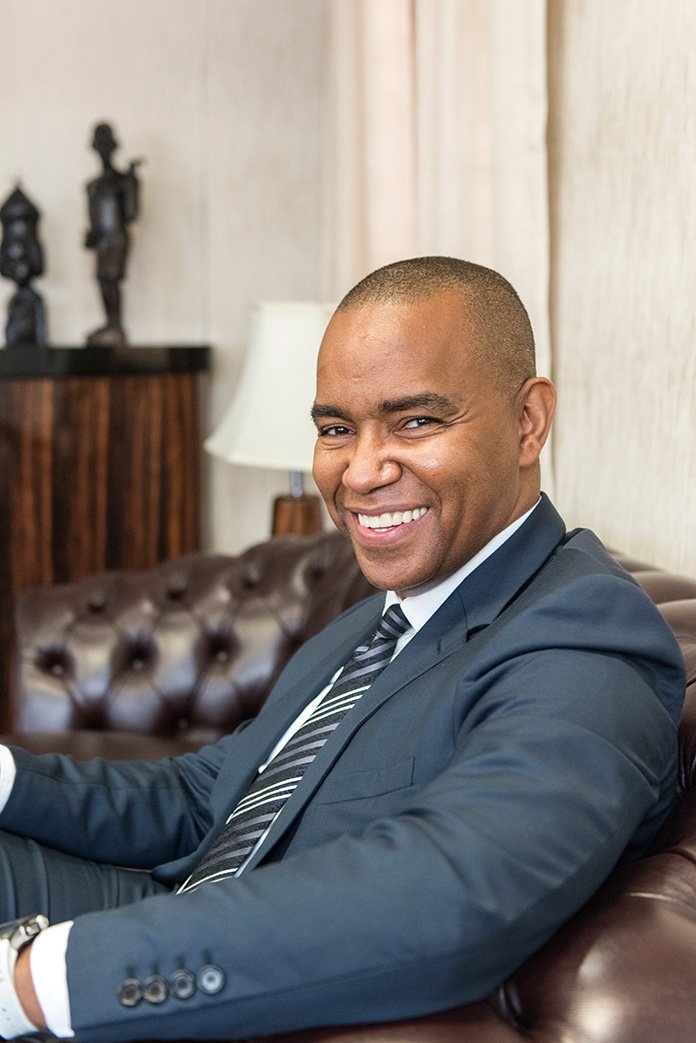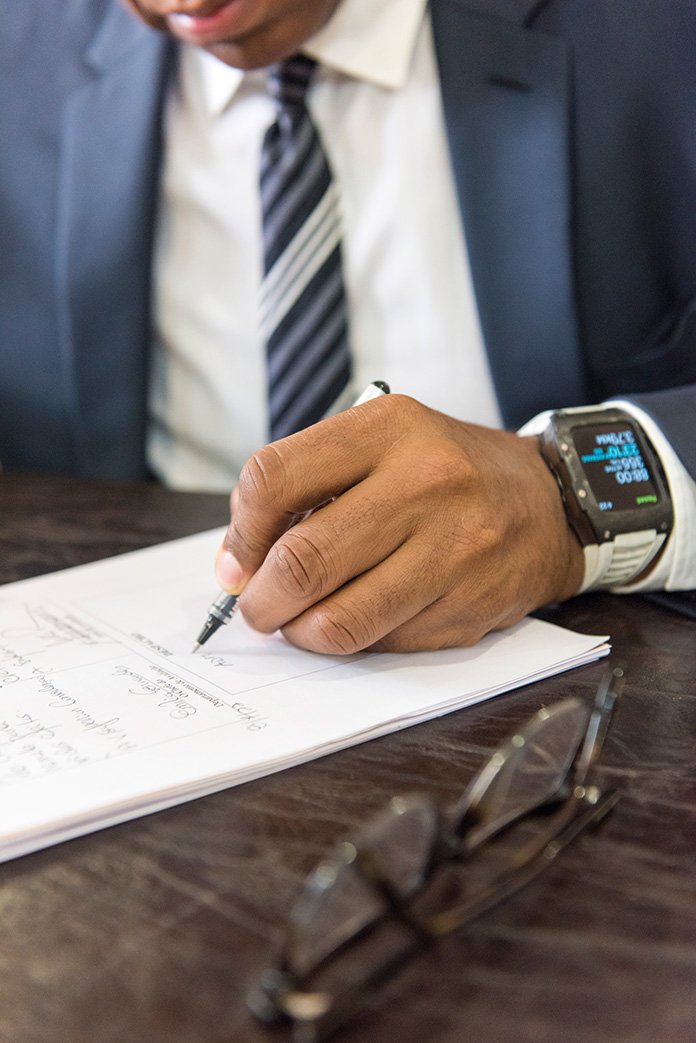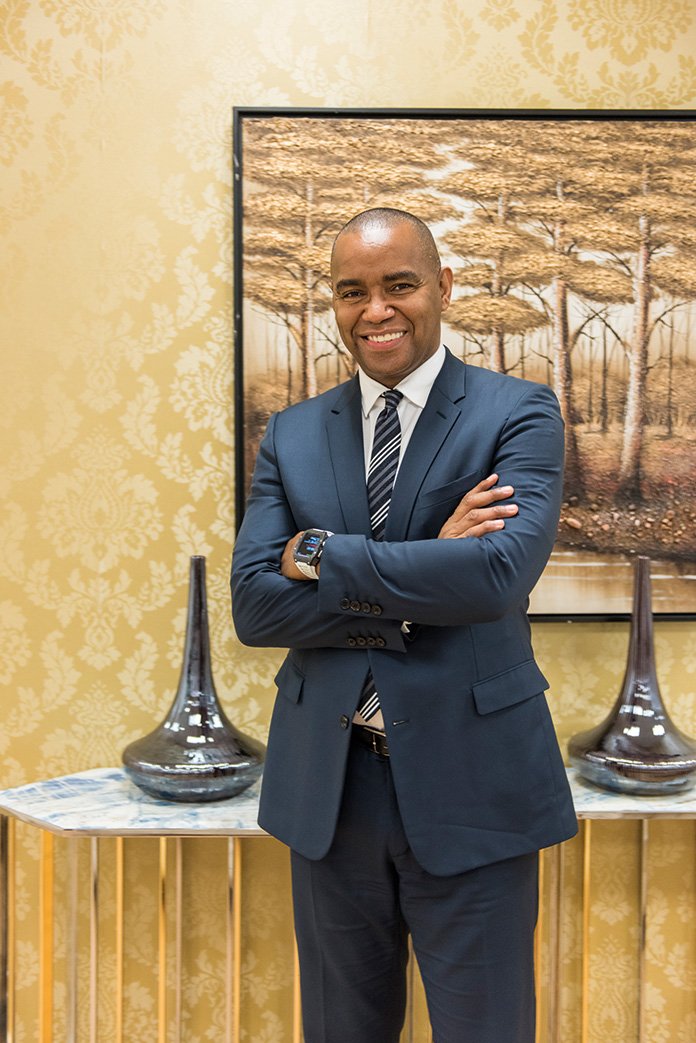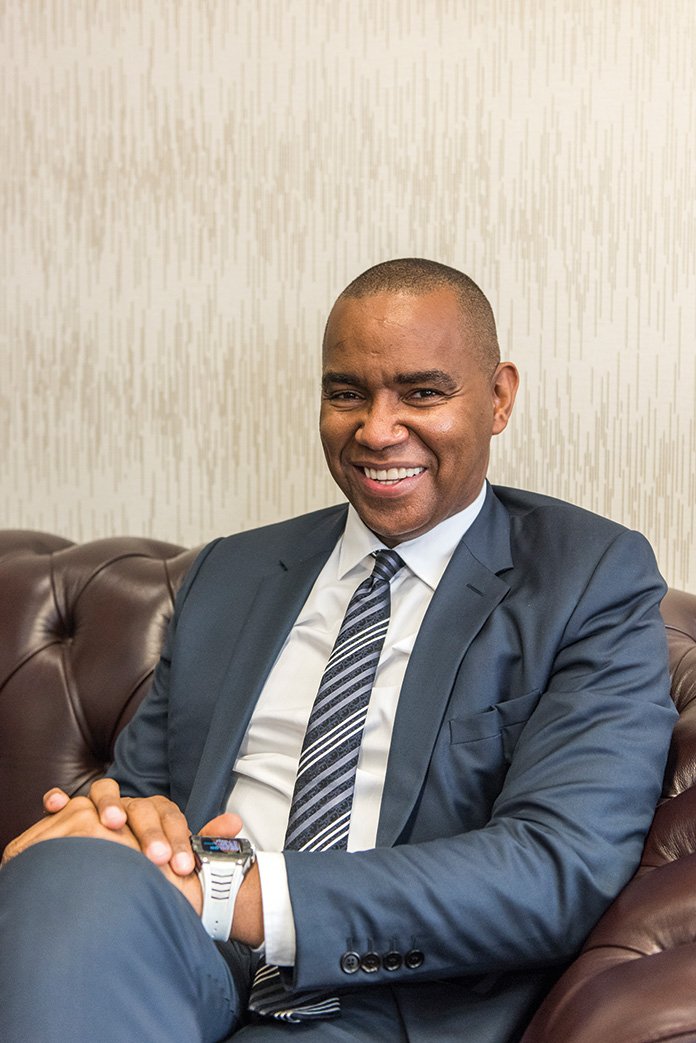How do you
regard the mission of being the Chairman of AIPEX?
I view this mission with great
responsibility because I am aware of the important role that AIPEX plays in
this transformation of our economy, whereby our government intends to diversify
it, so that all the potential that Angola has can be used to the maximum. It is
not an easy task, it is not the result of just personal commitment, but of the
collective commitment of all the people involved in this work, in this mission.
And it is certainly easier to see that this sense is shared by several of my
colleagues to whom I also owe a lot for the results, and for the visibility
that I as Chairman of the Board of Directors end up having. Together we are
increasingly capable of carrying out the mission entrusted to me.
How does your experience of 22
years, including stints in various sectors and activities, public and private,
translate into a successful leadership at the head of AIPEX?
I do not
feel worthy of creating meanings or interpretations about the general process
of leadership. But in summary, I consider leadership as an opportunity to see
the best in each person who is part of our team and to keep the group spirit
alive and at its peak, especially when we are faced with difficulties and with
needs to make difficult but necessary decisions. AIPEX is an institution with great
responsibility in the country and beyond. This institution has already had
other leaders and each one played their role at very different times.
Therefore, I feel fortunate to have been the first chairman of APIEX, now
AIPEX, an institution that I have known since the beginning of its existence,
after having transitioned from the ANIP. I am proud to have the opportunity to
share with men, women and young people who are part of this great work team.
Without them, being at the head of the institution would have no meaning. It is
good when we have the opportunity to learn and share our knowledge and, above
all, to be able to be important and significant at the moment when someone
needs us.
«It is an honour for us to assume the first
presidency of this PALOP Forum»
How has AIPEX contributed to the
development of Angola’s economy?
As I
said, AIPEX is an institution with a high responsibility in the country. Our
focus is to support the growth of a diversified and stable economy by promoting
national production, replacing imports, increasing and diversifying exports so
that Angola participates significantly and competitively in the global economy.
To accomplish this, AIPEX pursues values such as rigour, diligence and exactness
in complying with the law, integrity, respect, transparency, impartiality and
excellence. AIPEX is the investor’s sole interlocutor at all stages of the
investment process. It supports investors through institutional coordination,
accompanies investment proposals and ensures the conditions for the proper execution
of the investment projects.
Our assignments
include the promotion and attraction of private investments of internal and foreign
origin, likely to contribute to the socio-economic development of our country.
To ensure the receipt and accompanying of private investment proposals to be
made in Angola; to promote the attraction of foreign direct investment for the national
economy’s strategic sectors; to promote the increase and diversification of
exports of Angolan products and services; to contribute to the creation of
conditions conducive to private investment in Angola; to supervise and control
the execution of approved private investment projects; to implement policies
and programmes to replace imports and increase exports.
AIPEX
also has added responsibilities at an international level. As a national
investment agency, it holds the presidency of the Forum of Trade and Investment
Agencies of the Portuguese Speaking Countries Community (PALOP), established in
February this year (2022). It is an honour for us to assume the first
presidency of this PALOP Forum, which has an arduous mission to help attract
more investment and promote trade between member countries.
Industry in Angola is fundamental
to the development of the country and its people. What is your view of all
these years of industrialisation, in the various sectors, and what future can
we expect?
Industrial
companies contribute to increasing innovation and the evolution of technology
in any country, making them responsible for the creation of the largest numbers
of jobs. Angola has been gradually developing in the industrial sector and at a
pace considered satisfying, taking into account the conditions that have
affected all economies globally in recent years. With regard to the future, it
seems harmonious because of the investment proposals being assessed by AIPEX
and the recent photovoltaic energy project for Angola announced by American president,
Joe Biden.
As an example, from 2018 until May
this year, industry is the sector in which we have the most private investment
projects registered with 201 projects, valued at about USD 2,400,000,000.00
(two billion, four hundred million US dollars).
